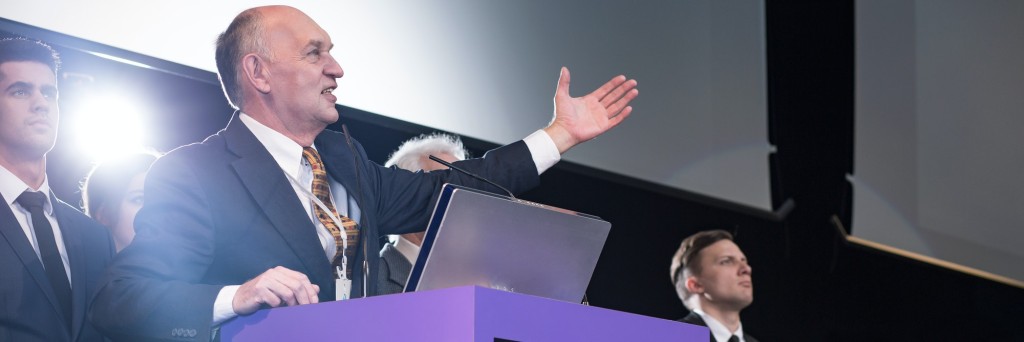
Public speaking is a skill that is essential in various aspects of life. Effective communication is crucial for conveying ideas and influencing others, from delivering presentations in the workplace to giving speeches at social events. However, specialized public speaking scenarios require additional skills and techniques to ensure success. This essay will explore three scenarios: persuasive speaking, motivational speaking, and crisis communication.
Persuasive speaking is an art form that aims to convince an audience to adopt a particular viewpoint or take a specific course of action. This type of public speaking requires careful planning and organization to present arguments and evidence supporting the desired outcome effectively. The speaker must understand the audience’s needs, values, and beliefs to tailor their message.
To be successful in persuasive speaking, one must employ various rhetorical devices such as ethos, pathos, and logos. Ethos refers to establishing credibility by demonstrating expertise or sharing personal experiences related to the topic. Pathos involves appealing to the audience’s emotions through storytelling or vivid imagery that evokes empathy or sympathy. Logos relies on logical reasoning and evidence-based arguments to persuade the audience.
Motivational speaking is another specialized scenario where the speaker aims to inspire and motivate individuals or groups toward achieving personal or professional goals. Unlike persuasive speaking, which focuses on changing opinions or behaviors, motivational speakers aspire to ignite enthusiasm and drive within their listeners.
To excel in motivational speaking, one must possess exceptional storytelling abilities, charisma, and passion for the subject matter. The speaker should share personal anecdotes or stories of others who have overcome challenges or achieved great success as a source of inspiration for their audience. Additionally, they should use positive language and employ repetition or call-to-action statements that encourage individuals to take immediate steps toward achieving their goals.
Crisis communication is perhaps one of the most challenging specialized public speaking scenarios, requiring addressing sensitive and potentially volatile situations. Crisis communication involves managing and mitigating the impact of a crisis on an organization’s reputation or public perception. This type of public speaking demands quick thinking, empathy, and transparency to address concerns and restore trust effectively.
In crisis communication, the speaker must be well-prepared with accurate information about the situation. They must demonstrate empathy towards those affected by the crisis while taking responsibility for any mistakes. Transparency is critical in crisis communication as it helps build credibility and reassures the audience that steps are being taken to rectify the situation.
Furthermore, crisis communication often involves addressing media inquiries or conducting press conferences. In these scenarios, speakers must remain calm under pressure and deliver clear messages that align with their organization’s values and objectives.
Specialized public speaking scenarios require additional skills and techniques beyond general public speaking abilities. Persuasive speaking demands careful planning, understanding of the audience, and effective use of rhetorical devices. Motivational speaking requires exceptional storytelling skills and charisma to inspire individuals to achieve their goals. Crisis communication necessitates quick thinking, transparency, empathy, and effective management of sensitive situations. By mastering these specialized scenarios, individuals can become more confident and influential communicators in various professional or personal settings.
